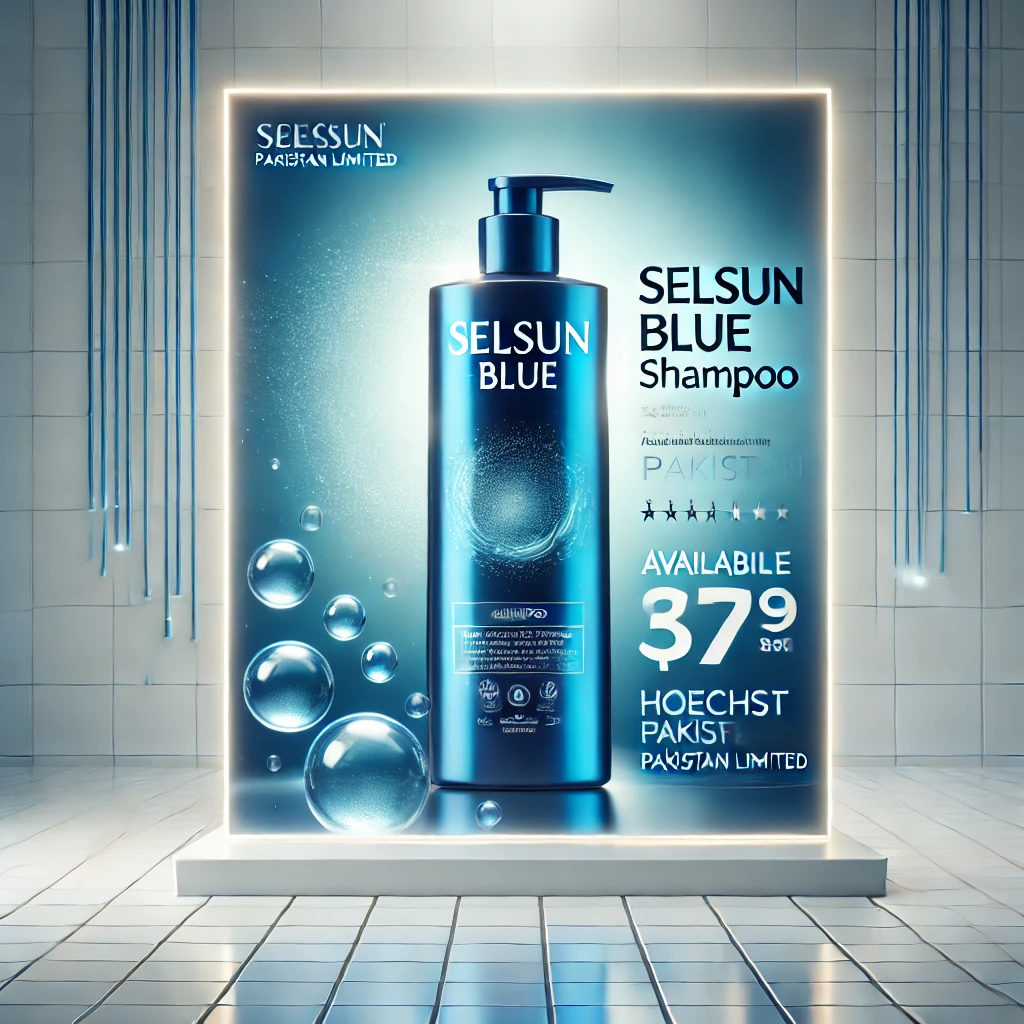Dry skin can be a frustrating and uncomfortable condition that many of us deal with, especially during colder months or in areas with low humidity. If you’re constantly battling flakiness, tightness, and dullness, incorporating a serum into your skincare routine could be the game changer your skin needs. Serums for dry skin are formulated to deliver intense hydration, target specific concerns, and rejuvenate your complexion. Let’s dive deeper into what makes these serums so effective and why they should become a staple in your skincare regimen.
What are Serums for Dry Skin?
Serums are lightweight, fast-absorbing liquids packed with concentrated active ingredients that target specific skin concerns. Unlike moisturizers, which provide a barrier to lock in moisture, serums penetrate deeper into the skin to deliver nourishment at a cellular level. For dry skin, serums are formulated with hydrating ingredients that help replenish moisture, improve skin texture, and boost radiance.
Key Ingredients in Serums for Dry Skin
The effectiveness of a serum depends largely on the ingredients it contains. When searching for serums for dry skin, look for products with these hydrating and nourishing ingredients:
- Hyaluronic Acid
Known for its ability to hold up to 1,000 times its weight in water, hyaluronic acid is a top ingredient in hydrating serums. It draws moisture into the skin, plumping and smoothing fine lines. It also helps maintain skin’s moisture balance, making it an essential for those with dry skin. - Glycerin
Glycerin is a powerful humectant that attracts water from the environment into your skin. It’s often paired with hyaluronic acid in serums to provide an added layer of moisture and ensure long-lasting hydration. - Vitamin E
This antioxidant not only protects the skin from environmental stressors but also deeply nourishes and softens dry skin. Vitamin E helps repair the skin’s moisture barrier, making it a must-have ingredient in serums designed for dry skin. - Ceramides
Ceramides are lipids that naturally occur in the skin and play a critical role in maintaining the skin’s protective barrier. Serums with ceramides can help restore the skin’s natural moisture balance, keeping it hydrated and smooth. - Squalane
A lightweight, plant-derived oil that is highly effective in replenishing moisture without leaving a greasy residue. Squalane helps maintain the skin’s softness and prevents moisture loss, making it perfect for those with dry skin. - Niacinamide
Also known as Vitamin B3, niacinamide helps to strengthen the skin’s barrier, which is often compromised in those with dry skin. It also helps to lock in moisture and can improve the overall texture and appearance of your skin.
Benefits of Using Serums for Dry Skin
- Deep Hydration
Serums for dry skin provide intense hydration, addressing the underlying cause of dry skin—lack of moisture. By deeply penetrating the skin, they work to hydrate from within, leaving your skin feeling soft and supple. - Improved Skin Texture
Dry skin often leads to rough, uneven texture and flakiness. Hydrating serums help smooth out these areas, restoring a more even, radiant complexion. - Faster Absorption
The lightweight nature of serums allows for quicker absorption, meaning your skin can start benefiting from the ingredients right away. This makes serums ideal for layering under your moisturizer. - Targeted Treatment
Serums are formulated to address specific skin concerns. Whether you’re dealing with fine lines, dullness, or redness, there’s a serum specifically designed to meet those needs while also hydrating and restoring moisture. - Enhances Moisturizer Effectiveness
When used in conjunction with a moisturizer, serums enhance the overall performance of your skincare routine. By ensuring your skin is well-hydrated at the deepest level, serums allow your moisturizer to work more effectively, sealing in the hydration and preventing moisture loss throughout the day.
How to Apply Serums for Dry Skin
Using a serum for dry skin is simple and can be easily incorporated into your skincare routine:
- Cleanse your skin
Start by thoroughly cleansing your face to remove dirt, oils, and impurities. This allows the serum to penetrate more effectively. - Apply toner (optional)
If you use a toner, apply it after cleansing to prepare your skin for the serum. Toners help balance the skin’s pH and can enhance the serum’s hydration effect. - Apply the serum
Gently pat a few drops of serum onto your skin. Focus on areas where dryness is more pronounced, such as the cheeks, forehead, and around the eyes. Allow the serum to absorb completely before moving on to the next step. - Moisturize
Follow up with a rich moisturizer to lock in the serum’s hydrating benefits. The moisturizer creates a barrier that helps prevent moisture from evaporating, ensuring your skin stays hydrated throughout the day. - Sunscreen (morning routine)
If you’re applying your serum in the morning, don’t forget sunscreen. A good SPF protects your skin from the sun’s damaging rays, which can exacerbate dryness and other skin concerns.
Recommended Serums for Dry Skin
Here are a few top-rated serums for dry skin that are highly recommended for their ability to provide hydration and nourishment:
- The Ordinary Hyaluronic Acid 2% + B5
A budget-friendly option that contains a high concentration of hyaluronic acid for deep hydration, along with Vitamin B5 for soothing and healing dry skin. - Neutrogena Hydro Boost Hydrating Serum
This serum contains hyaluronic acid and glycerin, two of the most powerful hydrators, ensuring your skin stays moisturized and plump throughout the day. - CeraVe Hydrating Hyaluronic Acid Serum
Known for its hydrating properties, this serum also includes ceramides to support the skin’s barrier function, making it perfect for those with dry, sensitive skin. - La Roche-Posay Hyalu B5 Pure Hyaluronic Acid Serum
A favorite among dermatologists, this serum combines hyaluronic acid with Vitamin B5 to help repair and hydrate dry skin, leaving it soft and smooth. - Tatcha The Dewy Skin Serum
This luxurious serum is enriched with squalane and other nourishing botanicals, making it ideal for extremely dry skin that needs intense hydration.
Conclusion
Serums for dry skin are an essential part of any skincare routine aimed at addressing dehydration, dullness, and rough texture. With their potent ingredients and fast-absorbing formulas, they can provide your skin with the moisture it craves, leaving it soft, smooth, and glowing. Whether you’re dealing with seasonal dryness or chronic dehydration, adding a serum to your regimen can help restore balance and bring life back to your complexion.



